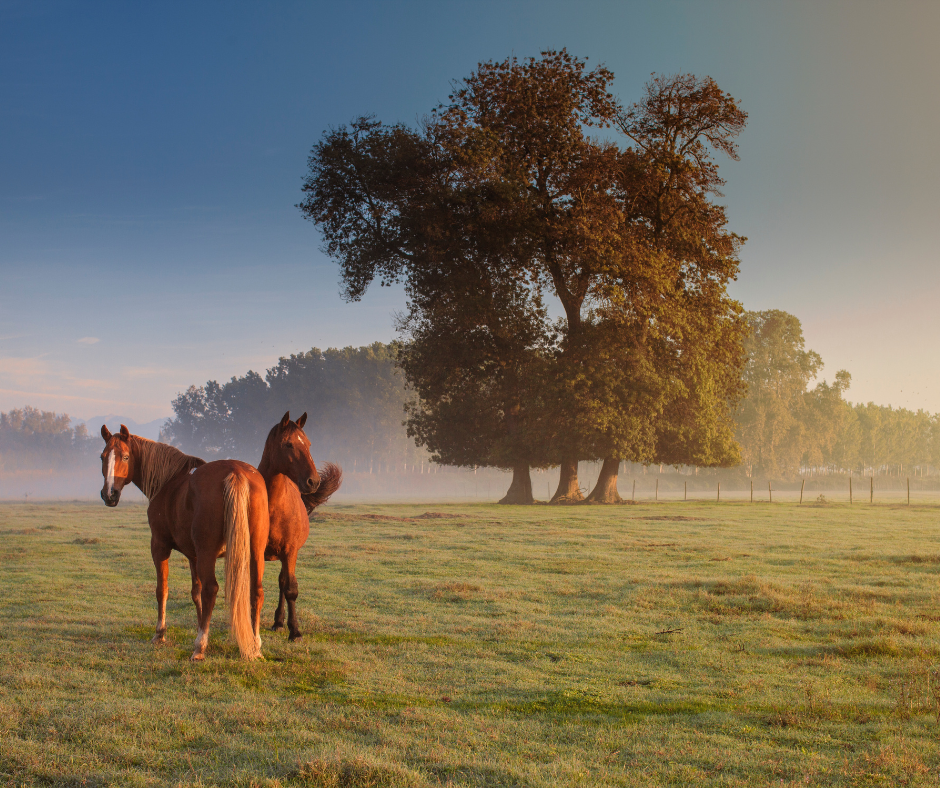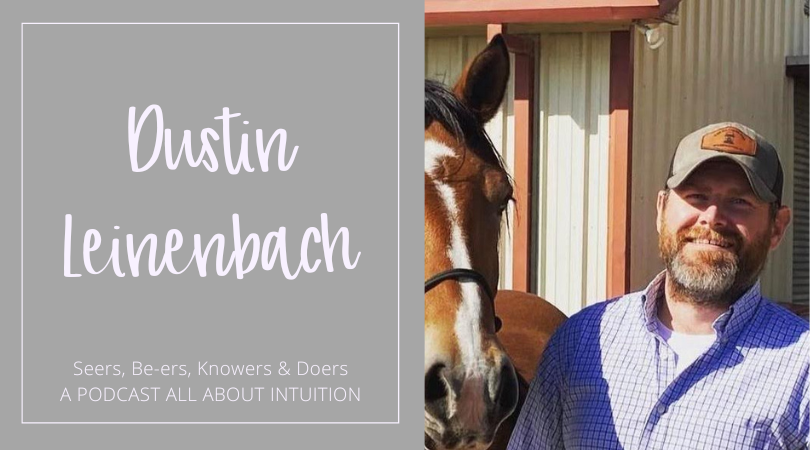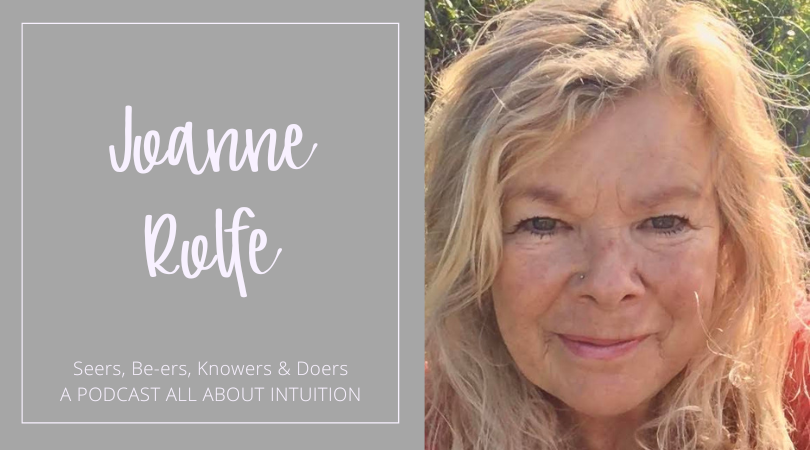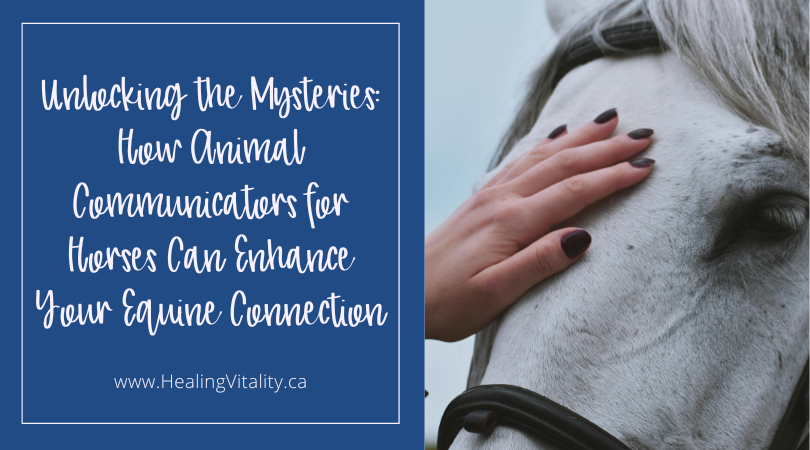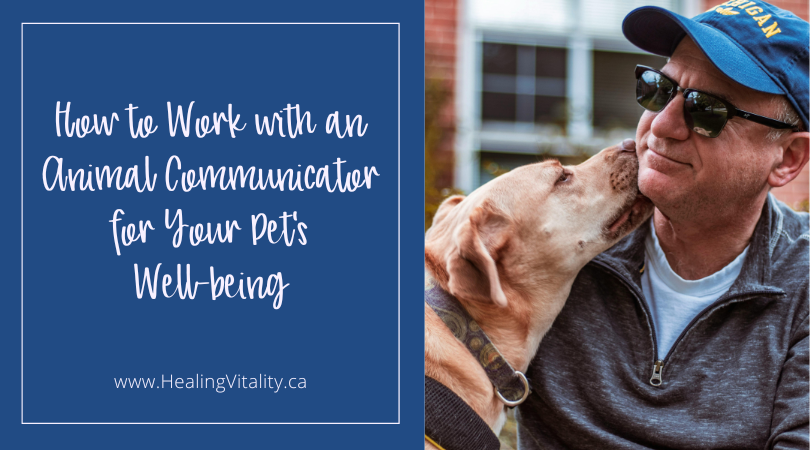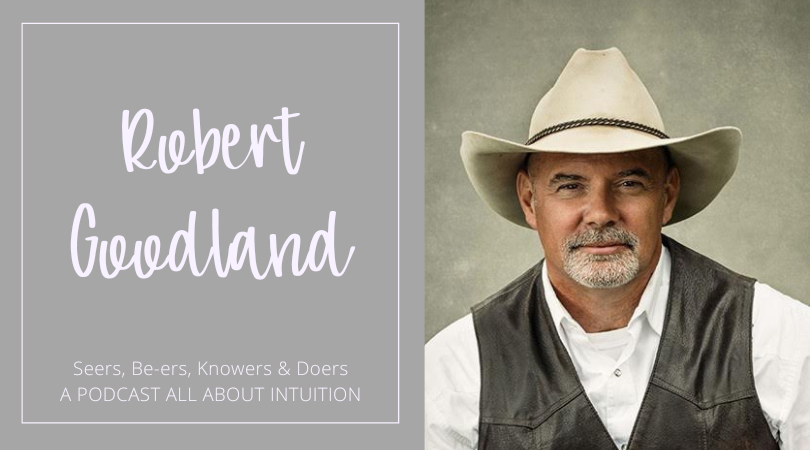Optimizing Horse Health: A Practical Guide to the Horse Vagus Nerve
Optimizing Horse Health: A Practical Guide to the Horse Vagus Nerve
What is the Vagus Nerve
The vagus nerve is a remarkable and vital component of the human body's autonomic nervous system. Originating in the brainstem, this cranial nerve extends down through the neck and thorax, branching out to innervate major organs including the heart, lungs, stomach, and intestines.
Often referred to as the "wandering nerve," the vagus nerve plays a critical role in regulating essential bodily functions that we don't consciously control, such as heart rate, breathing, digestion, and even the immune response.
Its name derives from the Latin word "vagus," meaning "wandering," as the nerve meanders through the body, connecting the brain to the body's vital organs. Beyond its regulatory functions, the vagus nerve also facilitates two-way communication, transmitting sensory information from the organs back to the brain.
This intricate neural pathway allows the brain to monitor the body's internal state and make adjustments as needed to maintain homeostasis. Disruptions or imbalances in vagus nerve function have been linked to a variety of health issues, from cardiovascular problems and gastrointestinal disorders to mood disorders and chronic inflammation.
Understanding the complexities of this remarkable nerve and its widespread influence is an active area of medical research, as scientists continue to uncover the full scope of the vagus nerve's critical role in human physiology and wellbeing.
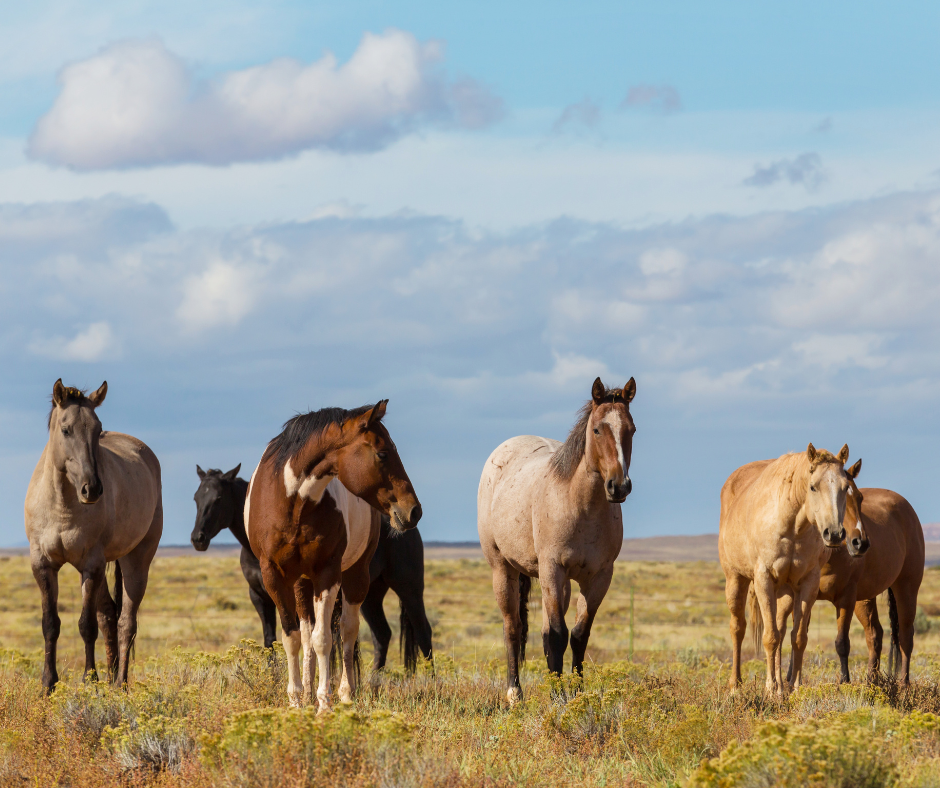
Understanding the Autonomic Nervous System
The autonomic nervous system (ANS) is a complex system that regulates various involuntary functions in the body, including heart rate, digestion, and breathing.
The ANS consists of two main branches: the sympathetic nervous system (SNS) and the parasympathetic nervous system (PNS).
The SNS is responsible for the “fight or flight” response, while the PNS promotes relaxation and restoration.
The vagus nerve plays a crucial role in modulating the ANS and maintaining balance between the SNS and PNS.
Equine Nervous System
The equine nervous system is a network of nerves, neurons, and sensory receptors that enable horses to perceive and respond to their environment in intricate ways.
From their whiskers to tail and everything in between, the nervous system is responsible for awareness of their environment as well as triggering bodily functions and more. At the core of this system is the central nervous system, comprising the brain and spinal cord, which acts as the command center, processing information and coordinating the horse's physical and behavioral functions.
Branching out from this central hub are the peripheral nerves that extend to every part of the horse's body, transmitting signals back and forth and allowing the animal to feel sensations, maintain balance and coordination, and react quickly to stimuli.
The equine brain itself is remarkably sophisticated, with distinct regions responsible for different tasks - the cerebrum handles cognition and learning, the cerebellum governs movement and balance, and the brainstem controls basic life functions like breathing and heart rate.
Woven throughout the nervous system are an abundance of sensory receptors that give horses exquisitely sensitive perception, from the delicate vibrissae (whiskers) that detect the slightest touch, to the specialized nerve endings in the hooves that provide feedback on the terrain.
This finely-tuned nervous system is what allows horses to be such graceful, athletic, and reactive creatures, able to process information rapidly and respond with speed and precision. It also tells them whether or not they are safe and able to sleep or graze in peace.
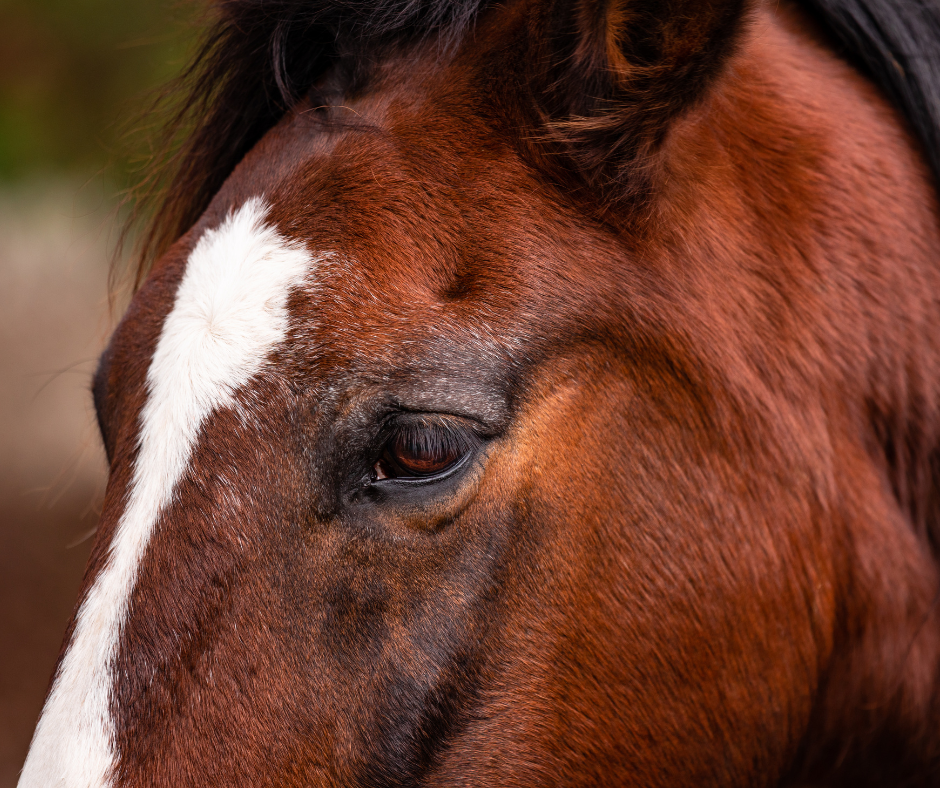
Polyvagal Theory and Horses
The poly vagal theory is a fascinating concept that is starting to gain traction in the field of equine behavior and welfare.
At the base, this theory proposes that the autonomic nervous system, which regulates involuntary bodily functions, plays a crucial role in an animal's social engagement, emotional regulation, and overall well being.
In the case of horses, the poly vagal theory suggests that the intricate interplay between the sympathetic and parasympathetic branches of the vagus nerve - a key component of the autonomic nervous system - shapes a horse's physiological and behavioral responses to its environment, training, performance and social interactions.
For example, when a horse perceives a threat, its sympathetic nervous system triggers a "fight-or-flight" response, characterized by increased heart rate, muscle tension, and heightened vigilance.
Conversely, when a horse feels safe and socially connected, its parasympathetic nervous system predominates, enabling the horse to rest, digest, and engage in nurturing social behaviors.
By understanding these nuanced neurological concepts, equine professionals, trainers, body workers and owners can gain profound insights into how to create environments and training approaches that optimize a horse's ability to self-regulate, form trusting bonds, and flourish both physically and psychologically.
As the field of equine science continues to evolve, the poly vagal theory promises to be an increasingly valuable framework for enhancing the welfare and overall wellbeing of our equine partners.
The Role of the Vagus Nerve in Horse Health
The vagus nerve is the longest cranial nerve and plays a vital role in regulating various bodily functions, including heart rate, digestion, and breathing.
The vagus nerve is responsible for stimulating the parasympathetic nervous system, which promotes relaxation and restoration.
Dysfunction of the vagus nerve can lead to a range of health issues, including digestive problems, respiratory issues, and stress-related disorders.
The vagus nerve is also involved in social behavior and bonding, making it an essential component of horse-human relationships.
Recognizing Vagus Nerve Dysfunction in Horses
Signs of vagus nerve dysfunction in horses may include digestive problems, such as colic or diarrhea, respiratory issues, such as coughing or wheezing, and stress-related behaviors, such as anxiety, fear or aggression. It can also cause a disruption in their social engagement system and their social communication.
Horses with vagus nerve dysfunction may also exhibit changes in facial expression, such as a tense or pinched face, and may have difficulty swallowing or eating.
A thorough examination by a veterinarian is necessary to officially diagnose vagus nerve dysfunction in horses. If your horse has had a trauma in their history it is a good thing to consider this possibility affecting their well-being or behavior.
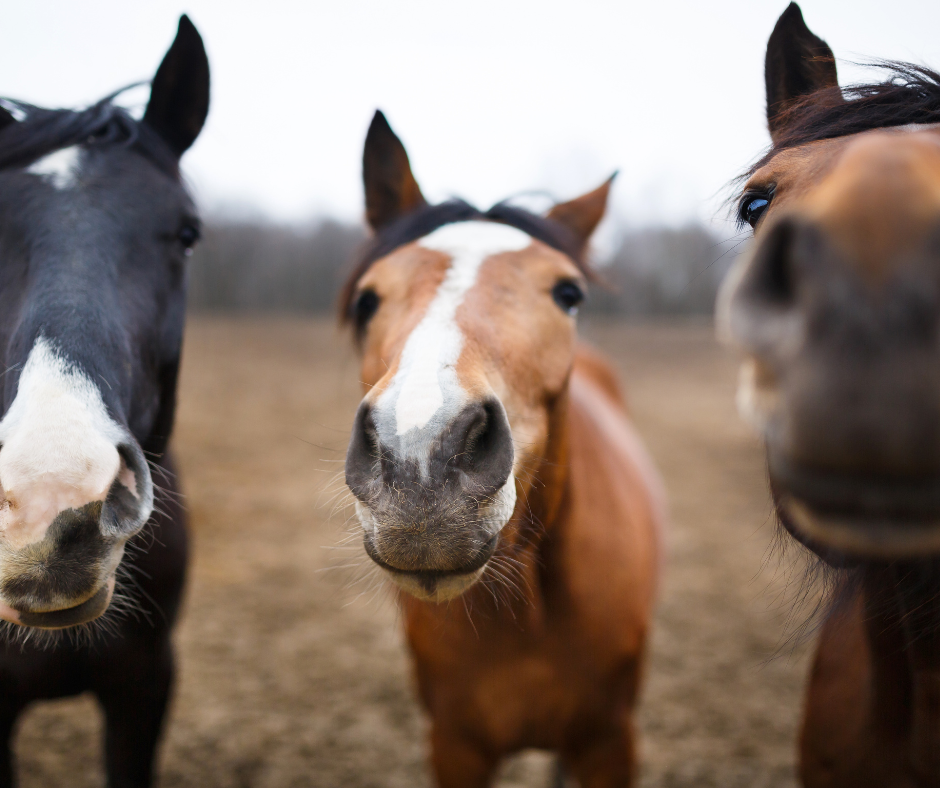
What can cause a dysregulated vagus nerve in horses?
The vagus nerve is a crucial component of the autonomic nervous system in horses, playing a vital role in regulating various bodily functions, including heart rate, digestion, and respiratory function.
However, in some cases, this essential nerve can become dysregulated, leading to a range of health issues. One common cause of a disregulated vagus nerve in horses is physical trauma such as head trauma, injury to the neck or head region.
This trauma can disrupt the normal functioning of the vagus nerve, causing it to send erratic signals to the body's organs and systems. Another potential trigger is the presence of an underlying medical condition, such as an infection or inflammation in the chest or abdominal cavity, which can irritate the vagus nerve and lead to its dysregulation.
Metabolic disorders, like equine Cushing's disease, have also been linked to vagus nerve problems in horses, as the hormonal imbalances associated with these conditions can interfere with proper nerve function.
Additionally, certain medications or toxins introduced into the horse's system may inadvertently impact the vagus nerve, causing it to become out of sync with the body's needs.
Recognizing the diverse factors that can contribute to a disregulated vagus nerve is crucial for horse owners and veterinarians, as prompt diagnosis and appropriate treatment are essential for restoring the nerve's normal function and preventing further health complications in affected equines.
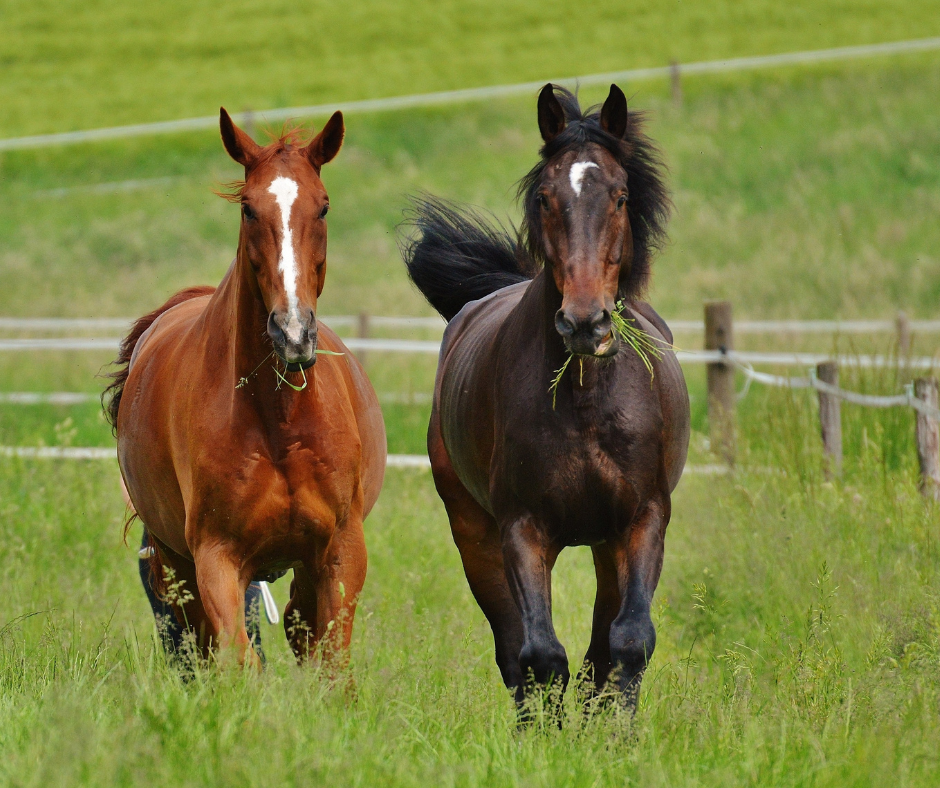
The Impact of Stress on Horse Health
Stress can have a significant impact on horse health, particularly on the vagus nerve and the autonomic nervous system.
Chronic stress can lead to vagus nerve dysfunction, which can manifest as a range of health issues, including digestive problems, respiratory issues, and stress-related behaviors.
Horses that are subjected to stress may also exhibit changes in behavior, such as anxiety or fear, and may have difficulty forming bonds with humans.
Practical Tips for Supporting Vagus Nerve Health
Providing a calm and stress-free environment can help support vagus nerve health in horses. Regular exercise and physical activity can also help stimulate the vagus nerve and promote relaxation.
Massage, acupuncture, and other forms of alternative therapy may also be beneficial in supporting vagus nerve health.
A balanced diet that includes plenty of fiber and nutrients can also help support vagus nerve function.
Cranial and Cervical Treatments for Vagus Nerve Dysfunction
Cranial and cervical treatments, such as chiropractic care and massage, may be beneficial in addressing vagus nerve dysfunction in horses.
These treatments can help stimulate the vagus nerve and promote relaxation, reducing stress and anxiety.
A veterinarian or equine professional should be consulted to determine the best course of treatment for vagus nerve dysfunction in horses.

Horse vagus nerve supportive tools
Based on the search results, here are some supportive tools to promote relaxation and calmness in horses, focusing on the vagus nerve:
- Bridle fit: Ensure proper bridle fit to avoid pressure on the fascial nerves, particularly the fascial crest and zygomatic bone. Check for tension in the browband and adjust accordingly.
- Gentle girth adjustment: Avoid pinching or constricting the girth, which can affect the DNS (dorsal vagal complex) and lead to shut-down behaviors.
· Body awareness: Pay attention to your horse’s body language and behavior, recognizing signs of stress and discomfort. This can help you address issues before they escalate.
· Humming, chanting, and singing: As a rider, using calming vocalizations like humming or singing can help stimulate your own vagus nerve, promoting relaxation and reducing anxiety, which can then be transmitted to your horse.
- Naturopathic approaches: Consider incorporating natural therapies, such as acupuncture or herbal remedies, to support your horse’s overall well-being and nervous system function.
- Education and advocacy: Educate yourself on equine behavior, anatomy, and physiology to better understand your horse’s needs and advocate for their well-being. How your horse reacts to stimulation together with learning about learned helplessness, stress response and relaxation response is crucial for bettering your relationship with your horse.
Conclusion
The vagus nerve plays a vital role in maintaining balance and promoting relaxation in horses.
Recognizing the signs of vagus nerve dysfunction and taking steps to support vagus nerve health can help promote overall health and well-being in horses.
By providing a calm and stress-free environment, regular exercise, and alternative therapies, horse owners can help support vagus nerve health and promote a strong bond between horse and human.
